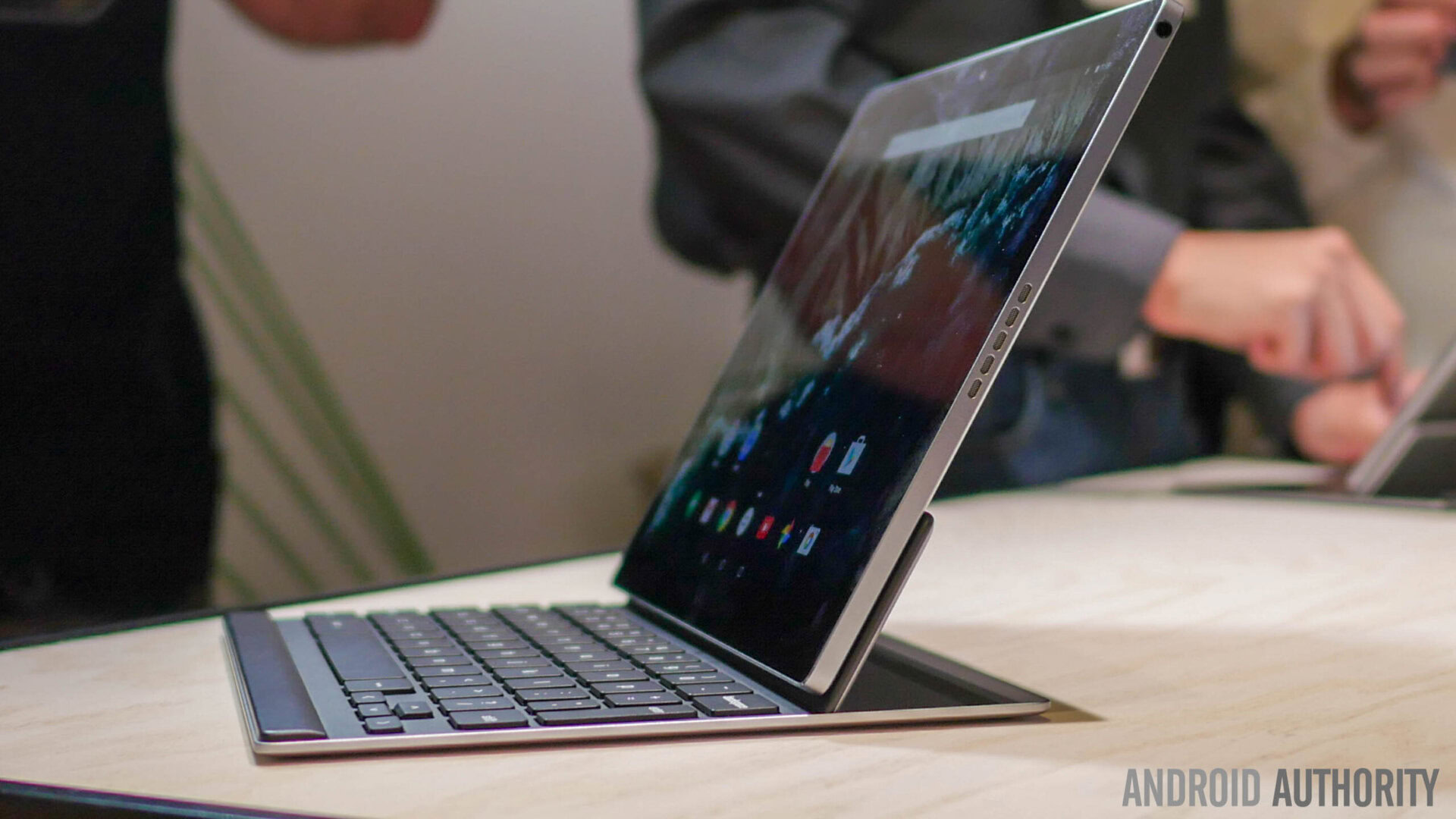Affiliate links on Android Authority may earn us a commission. Learn more.
Google is considering building its own phone. But why?

Google is discussing internally about building its own smartphone, according to The Information, which cites people working at Google.
The recently promoted head of Android, Hiroshi Lockheimer, is said to be part of the talks, but other details are scarce. It’s not clear who is the proponent of the idea or when a decision will be made.
It’s possible that The Information caught wind of one of the many ideas that are thrown around inside Google on a daily basis. But given the report from last week about Google’s work on standardizing phone components, it’s likely that the “Google phone” is more than idle talk.
Why?
Why would Google want to make its own smartphone? Presumably, to exert more control over a sprawling, occasionally unruly ecosystem, and to address the biggest issues holding Android back right now: fragmentation, poor update support, and security vulnerabilities. But Google already has deep control, if not complete, over the Nexus smartphones. So how would a true Google phone help advance these goals?
The Google phone could be a platform for showcasing and promoting the standardized components Google is reportedly working on.
According to The Information’s report from last week, Google is looking at improving camera capabilities so phones can capture information from the environment, that Google can use to create new, valuable features; adding more memory to processors to improve performance; improving sensor hubs that can survey the world at all times without draining a lot of power; and adding new sensors.

Sure, Google could work with chipmakers like Qualcomm and MediaTek to put these features on their roadmaps, and just hope that Android OEMs will pick them up. The alternative is to create a compelling smartphone that really showcases Google’s advanced features, and sell it directly to consumers. That could pressure Android OEMs into adopting Google’s standardized hardware.
The Chromebook Pixel and the Pixel C Android tablet have set a precedent for this. Google used the former to lead the adoption of USB Type C, while the Pixel C appears to be designed with a more PC-friendly version of Android in mind.
Taking Android to the next level
The problem for Google is that we’ve hit a plateau in terms of what features Android can offer based on software alone. For more advanced features, like better voice control or machine vision, specialized hardware is needed. Google needs to make sure its wish-list of components and features is adopted by chipmakers and OEMs, so that most new phones and tablets can support these advanced features. The risk, if Google fails, is to have a divided Android ecosystem, with an elite tier of devices with advanced functionality, and everyone else.
Google needs to take initiative because the current Android ecosystem is so cutthroat. Samsung is still making a lot of money, but it’s mostly from components that it sells in high volume. Almost everyone else is feeling the heat: Qualcomm, LG, Motorola, even Xiaomi, not to mention HTC or Sony. These embattled companies can’t be expected to act in Google’s interest or even in the interest of the Android ecosystem. So, in a way, Google has to make its own phone. It has to take the lead.
Whenever people talk about Google’s Android business model, Apple comes up, and rightfully so. Apple has consistently huge profits, even if its market share is relatively low. More importantly, Apple can decide exactly what hardware and software to put in its devices this year, and next year, and the year after. Google doesn’t have that luxury, but if the rumors are correct, it’s trying to change that.
Let us know your thoughts. Do you see Google making its own phone from the ground up?